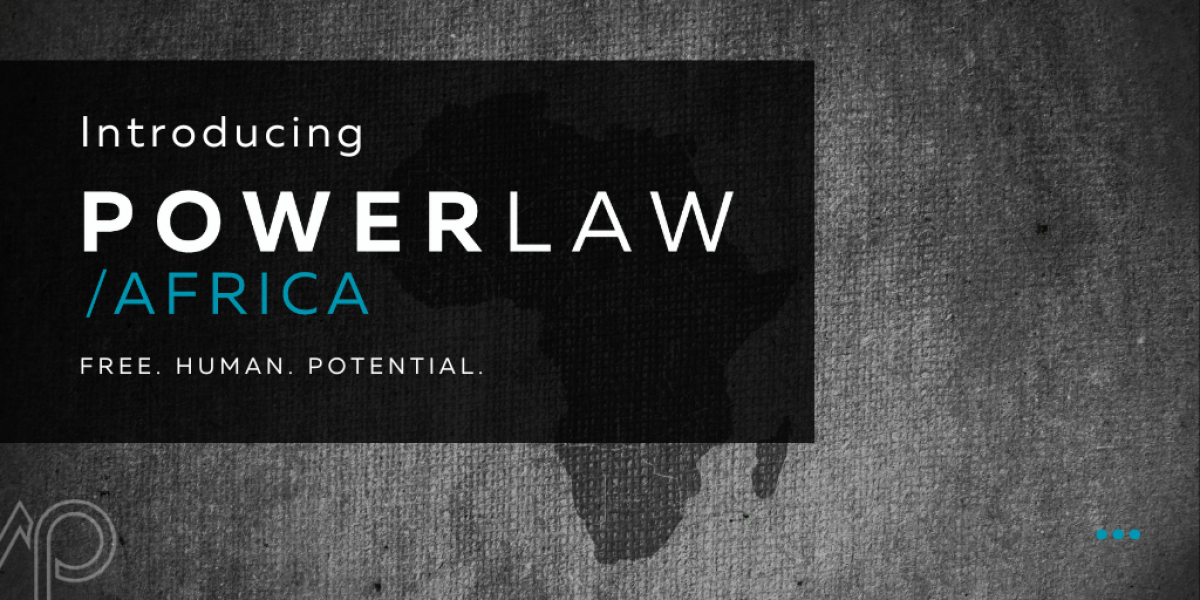Kenya: Supreme Court allows LGBTQI+ NGOs to register
On 24 February 2023, Kenya’s Supreme Court held that the National Gay and Lesbian Human Rights Commission (the Commission), a non-governmental organisation, is entitled to form an association despite the criminalisation of LGBTQI+ rights in the country.
The Supreme Court’s decision upheld an earlier ruling overturning Kenyan authorities’ refusal to allow the Commission to register as an NGO with LGBTQI+ terms in its name. The Commission first attempted to initiate registration in 2013, and again in 2015.
The basis of the NGO Coordination Board’s refusals was that Kenya’s Penal Code criminalises homosexuality, which prohibited the registration of an organisation that championed LGBTQI+ objectives. Section 165 of the Penal Code explicitly criminalises sexual relations between men, and sections 162 and 163 criminalise having “carnal knowledge of any person against the order of nature” or attempting to do so.
The Supreme Court found that the Coordination Board’s refusals amounted to an unfair limitation on the right to freedom of association based on sexual orientation. The Court held further that the limitation did not serve a legitimate purpose and was disproportionate to the impact on the right to associate. The Court also found that, since the underlying legislation, the Non-Governmental Organizations Co-Ordination Act of 1990, does not create any appeal mechanisms for a refusal to register, the Commission was warranted to approach the courts for relief.
In its concluding remarks, the Supreme Court found that the illegitimate refusal to reserve the Commission’s name as an NGO was a form of unfair discrimination based on gender and sexual orientation.
The effect of the Supreme Court’s decision is that the Commission and any other LGBTQI+ voluntary associations will be entitled to register and operate as NGOs in Kenya. However, the decision does not overturn the relevant provisions in the Penal Code which criminalise homosexuality.
In a minority dissenting judgment, Justice Ibrahim held that freedom of association is only protected to the extent that the activity is lawful and Constitutional. He therefore reasoned that as long as the prohibitions in the Penal Code form part of Kenyan law, it would be irrational and unreasonable to allow NGOs to be registered bearing LGBTQI+ terms.
The Supreme Court’s judgment is accessible here.
Please note: The information contained in this note is for general guidance on matters of interest and does not constitute legal advice. For any enquiries, please contact us at [email protected].





